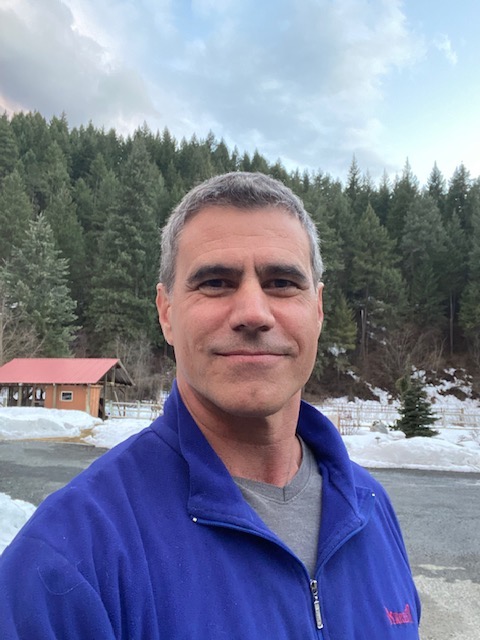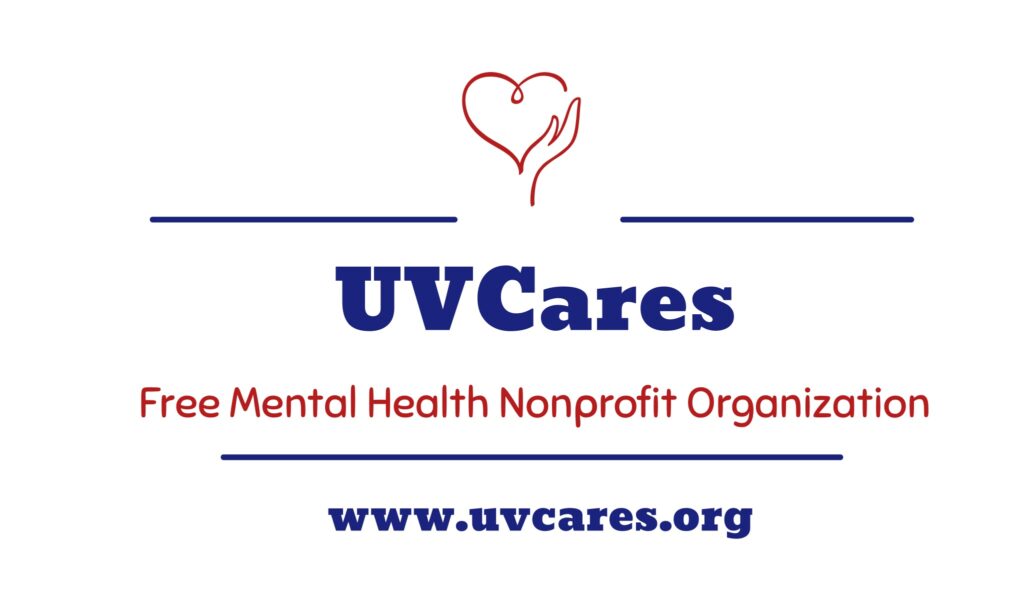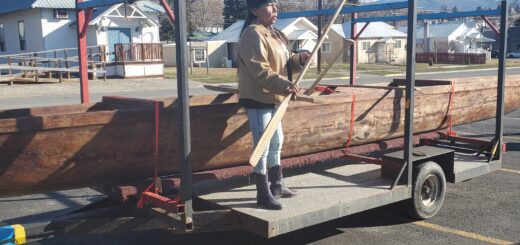Intriguing new mental health effort launched in Upper Wenatchee Valley to increase access
Two of the great challenges in terms of mental health in North Central Washington have been issues of affordability and lack of access to mental health care in our largely rural and underserved area. A small and innovative nonprofit in Leavenworth called Upper Valley Cares (UVCares) has come up with a new creative approach to help address these barriers to care.

I met recently with Becki Subido, Board President and Executive Director of UVCares, and Board Vice President Dr. Maury Hafermann to learn more about the services the nonprofit hopes to provide and how they are going about creating access. The third key member of their team is Board Secretary John Fishburne, PhD.
They hope to create additional access to services in a couple of important ways: By hosting an online platform that connects local and regional mental health professionals with people who need services and by also inviting those same mental health professionals to donate a few hours a month to help people in need who may not be able to afford care. They are committed to finding ways to help more people while not interfering or supplanting existing therapeutic relationships, but to rather to serve those who are currently having difficulty receiving care. UVCares’ mission also includes raising awareness of the benefits of sound mental health and addressing the stigma that at times unfortunately still surrounds seeking mental health support.
The need for a better approach is profound. The 2019 Community Health Needs Assessment identified mental health as the top health challenge in North Central Washington. When you think about it, this makes intuitive sense. Rural areas struggle to have enough mental health providers and those in outlying areas often have to travel a long way to get those services. For low income people in particular, this dynamic creates a significant barrier to getting help.
Cascade Medical Center in Leavenworth and the Chelan-Douglas Community Action Council conducted surveys recently and found that between nine and 15 percent of the population feel they suffered from poor mental health for more than half of any given month. With regards to anxiety and depression, about 25 percent and 60 percent, respectively, of the cases tend to be qualify as severe, Hafermann told me, and of these, 35% did not receive any mental health care at all. Statewide, the rate of those having considering suicide at some point has been rising, reaching an alarming 23%.
Left untreated, the impact of these conditions can be devastating. Rather than take on the enormous expense of building a traditional mental health clinic, the UVCares team focused on finding a way to provide more access at flexible times to people who need help. It’s a 21st Century solution.

Though the service, for now, is limited to individuals living up Blewett Pass, Peshastin, Dryden, Leavenworth, Plain and Lake Wenatchee, UVCares eventually intends to expand eastward to help on a more regional level.
The online intake system is designed to help gauge the specific concerns of potential patients and those individuals are matched up with the appropriate resources, Subido told me.
I am intrigued and hopeful about this grass roots-driven effort that invites people to access mental health services and provides an opportunity for mental health counselors with varying specialties to donate some time to help out. Providers who donate time can get free liability insurance coverage for the volunteer service, which is a nice benefit.
The experiment with providing these services via an online platform rather than in person is something that has been done elsewhere but is relatively new in North Central Washington. What is truly unique, however, is pairing this with a nonprofit that sets a goal of sustainably connecting top-notch providers to those otherwise unable to receive care.
The list of potential clients is growing, and the big challenge now is recruiting providers who are willing to invest a little bit of time to help those in need.
One of the things I appreciate about their approach is that it is not a one-size-fits-all methodology. UVCares uses an intake process to match client needs with appropriate resources — “the right therapy for the right condition,” as Subido put it.
Finding creative, community-based solutions to our own mental health challenges is crucial. The economics are working against us and people who are on Medicaid under the current system will wait months to see a therapist. That’s just not acceptable.
UVCares a nonprofit to pay attention to and support. It is a nonprofit that appears to be building a better mousetrap. For providers who want to consider volunteering, more information is available at uvcares.org.

